| Kim Hyoung-suk, director of South Korea’s Independence Hall, closes his eyes during a meeting of the National Assembly’s Political Affairs Committee on Aug. 21. (Yonhap) |
Kim Hyoung-suk, director of South Korea’s Independence Hall, is considering legal action against protesters occupying his office following his controversial remarks on the country’s Liberation Day, according to a report submitted to the National Assembly on Tuesday.
The report, submitted by the Independence Hall to Rep. Lee Jung-mun of the ruling Democratic Party of Korea, states that the agency earlier this month sought legal advice from a local law firm regarding the “illegal occupation and protest inside the director’s office.”
The Independence Hall, located in Cheonan, South Chungcheong Province, is a state-run history museum under the Ministry of Patriots and Veterans Affairs.
The agency asked for counsel on possible eviction measures and damage claims, citing potential violations including obstruction of duty, unauthorized use of facilities and stalking, according to the report.
The protest stems from remarks Kim made during the 80th Liberation Day ceremony held at the Hall on Aug. 15.
At the time, he said Korea’s liberation was “a gift from the Allied victory in World War II,” drawing backlash from opposition lawmakers and civic groups who called for his resignation, accusing him of “undermining the sacrifices of Korean independence fighters.”
Since then, Kim has been unable to enter his office due to the ongoing sit-in.
Known for his conservative-leaning historical views, Kim has previously argued that South Korea’s official Liberation Day should be marked as Aug. 15, 1948 — the date the Republic of Korea was established and US military control ended — rather than Aug. 15, 1945, when Korea was freed from Japanese colonial rule (1910-1945) following Japan’s surrender in World War II.
“The belief that Korea was liberated in 1945 reflects a misunderstanding of history,” he said in December 2023, claiming that the nation's true liberation came with the founding of a Korean government in 1948 under Syngman Rhee, the nation’s first president.
Rhee is considered a founding figure by South Korea’s conservative bloc for leveraging diplomatic support — largely from the United States — in securing the nation’s independence, but he is also often contrasted with domestic independence fighters who directly resisted Japanese rule.
Kim’s appointment in August 2024 by the conservative Yoon Suk Yeol administration also faced criticism from the Democratic Party and civic groups, who labeled him a member of the so-called “New Right” — a movement advocating a revisionist view of Korea’s modern history.
The position of Independence Hall director is vice minister-level and carries a three-year term.
On Monday, the Patriots and Veterans Affairs Ministry announced a special inspection into Kim’s management, separate from an ongoing audit by the Board of Audit and Inspection.
The ministry said it would look into allegations of budget misuse and abuse of authority, including concerns over Kim’s “privatization of the public institution.”
“Director Kim has violated the Hall’s bylaws and disrupted its operations,” Rep. Lee said.
“I hope the ministry swiftly concludes its investigation so the institution can return to normal operations.”













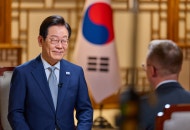
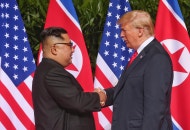


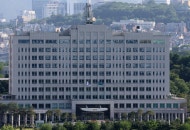








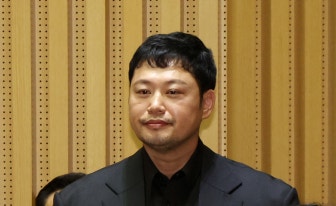
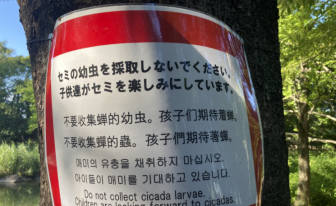
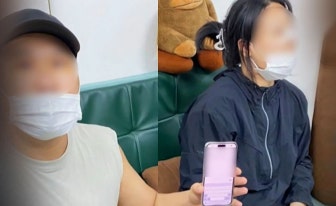





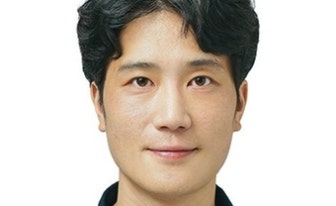
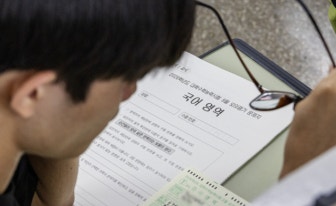




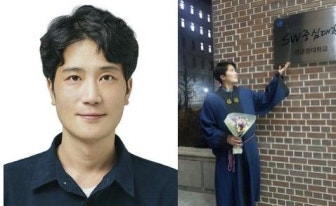













.png?type=nf190_130)


.png?type=nf190_130)